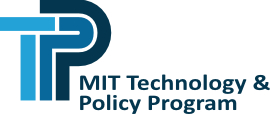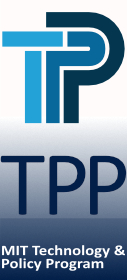IDSS SES and TPP Commencement Reception
Congratulations Social and Engineering Systems and Technology and Policy Program graduates! After the School of Engineering and the Schwarzman College of Computing advanced degree reception, bring your family and friends back to E18 to continue the celebration! Registration requested.



